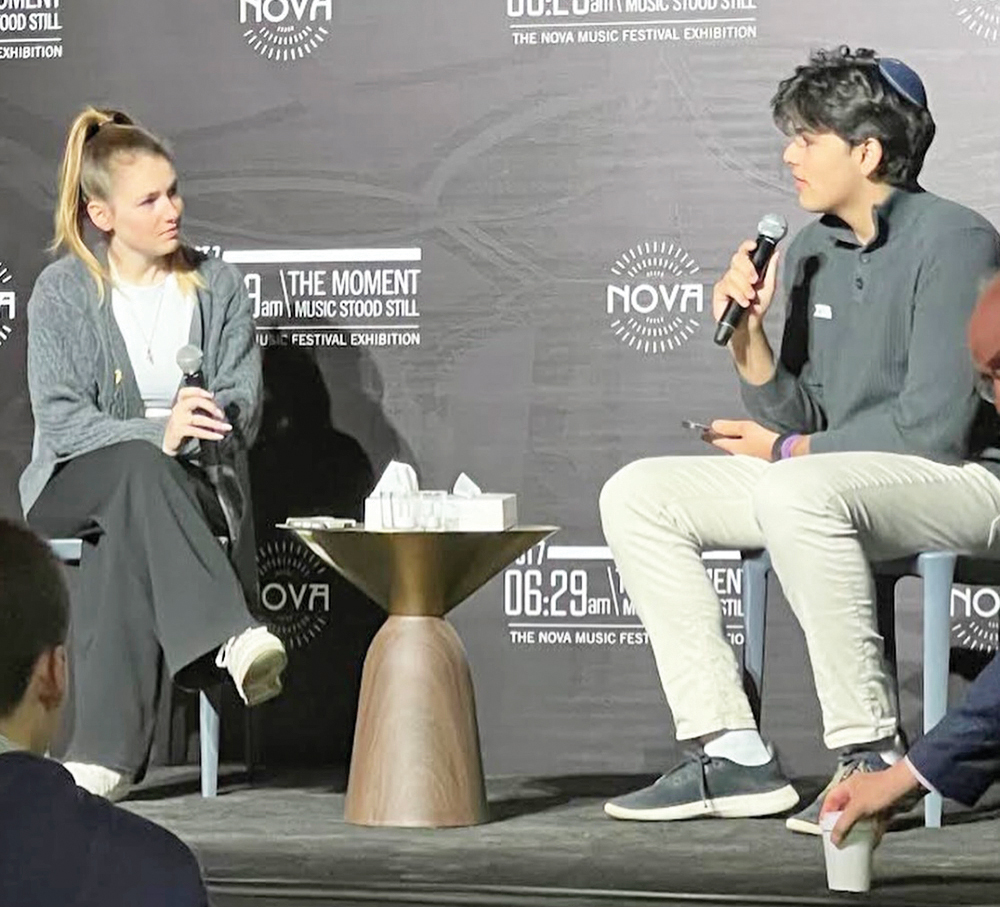Last year, as I got up to give the Shabbos Shuvah drasha in our yeshiva, it dawned on me that most of the people there had embraced Torah and mitzvos later in life. I thought to myself, “It is 10:30 a.m. on Saturday morning. They could be eating at Denny’s or shopping at the mall. Instead, they are sitting in shul and davening—keeping Shabbos, kosher, and all the mitzvos. They made major changes in their lives to be here. Is there a need to discuss teshuva with them?”
Top athletes all have coaches. They may be pros, but they still train and practice. Training improves their game. An extra millisecond of speed, for example, can make the difference between winning or losing the game. Similarly, business strategists advise all professionals to invest 3% of their income and time to further education and training in their industry. This helps them to be on top of their game and to perform even better. In addition, the extra training often helps to free up more of their time, as they learn how to do things more efficiently, with better success and less effort.
Even if we are good in our performance of Torah and mitzvos, with discipline and focus we can strive to be better. A true expert always wants to be on top of their game.
My uncle and aunt Ira and Raynee Bodenheim used to live in Har Nof, Yerushalayim, where I would visit for Shabbos frequently. The rav of their shul was Rabbi Zev Leff, who was also the rav of Moshav Matisyahu, outside of Kiryat Sefer. Rabbi Leff would leave the moshav and come to Har Nof for one Shabbos per month, and he would give a shiur to the shul in Har Nof once a week.
One Shabbos before Rosh Hashanah, while visiting my aunt and uncle, I heard Rabbi Leff’s Shabbos drasha. It made a deep impression on me. He spoke about the upcoming Yomim Noraim, and the need to take stock of what we have done and to plan for what we will do for the next year. What he said next blew me away.
“I have been doing a personal introspection to determine whether I, as the rav, am fulfilling my responsibilities to you properly and giving you what you need. I concluded that … I am not! I have many responsibilities from the moshav, and family obligations as well. Truly, I have not and cannot give you the full attention that you need! Therefore, I have decided that I’ll be resigning after Yom Tov! This will enable me to fulfill my duties to the moshav, which is my primary role, and allow you to find a new rav who can give you the full attention you deserve.”
Wow. Most people when making an account of their actions talk about how they need to do more and take on more. Rabbi Leff taught me that at times more is less and less is more.
The lesson is simple. Instead of taking on more, perhaps we should focus on what we are doing and how we can do it better. We could start with the areas which we already spend much time on … like davening. We’re already investing much time and energy, so we might as well make it more meaningful by davening … better! The same for our Torah study and all mitzvos: We don’t necessarily need to do more, just better—with more focus for maximum performance.
It’s not always easy to review and account for our performance and actions. To do so well, Hashem gives us a gift called Yom Kippur. The Torah refers to Yom Kippur as “Shabbos Shabboson,” the ultimate Shabbos. In what way is Yom Kippur like Shabbos?
Rav Moshe Shapiro explains that while Shabbos is the culmination of the week, Yom Kippur is the culmination of the Ten Days of Teshuva. The difference between Shabbos and Yom Kippur is that on Shabbos, Hashem brings heaven down to earth. But on Yom Kippur, Hashem brings us up to the heavens! He lifts us up above worldly pleasures, as we abstain from five areas of pleasure, including eating, lathering, intimacy, etc. Further, the minhag is to wear a kittel or white garments so that we resemble angels. We elevate ourselves as steps towards teshuva. Athletes perform best when they are “in the zone”—when they’re playing on a totally different level. They are on top of the game … almost literally. Practically, it’s like an out-of-body experience, where they can see each player and the entire court all at once.
Rav Nosson Wachtfogel says that when we confront our misdeeds, we may feel bad and get dragged down. But on Yom Kippur, Hashem lifts us up into “the zone,” where we feel really great and avoid getting dragged down by our sins. Additionally, we have an aerial view, looking down like a bird in flight. This amazing level starts on Shabbos Shuva, and we hit the peak on Yom Kippur. Now is the time to capitalize on this special vision, to see what we can do to increase our optimum performance for the entire year.
Teshuva requires focus, but it’s within our grasp. Yom Kippur gives us the tools we need.
Rabbi Baruch Bodenheim is the associate rosh yeshiva of Passaic Torah Institute (PTI)/Yeshiva Ner Boruch. Rabbi Bodenheim can be reached at [email protected]. For more info about PTI and its Torah classes, visit www.pti.shulcloud.com












